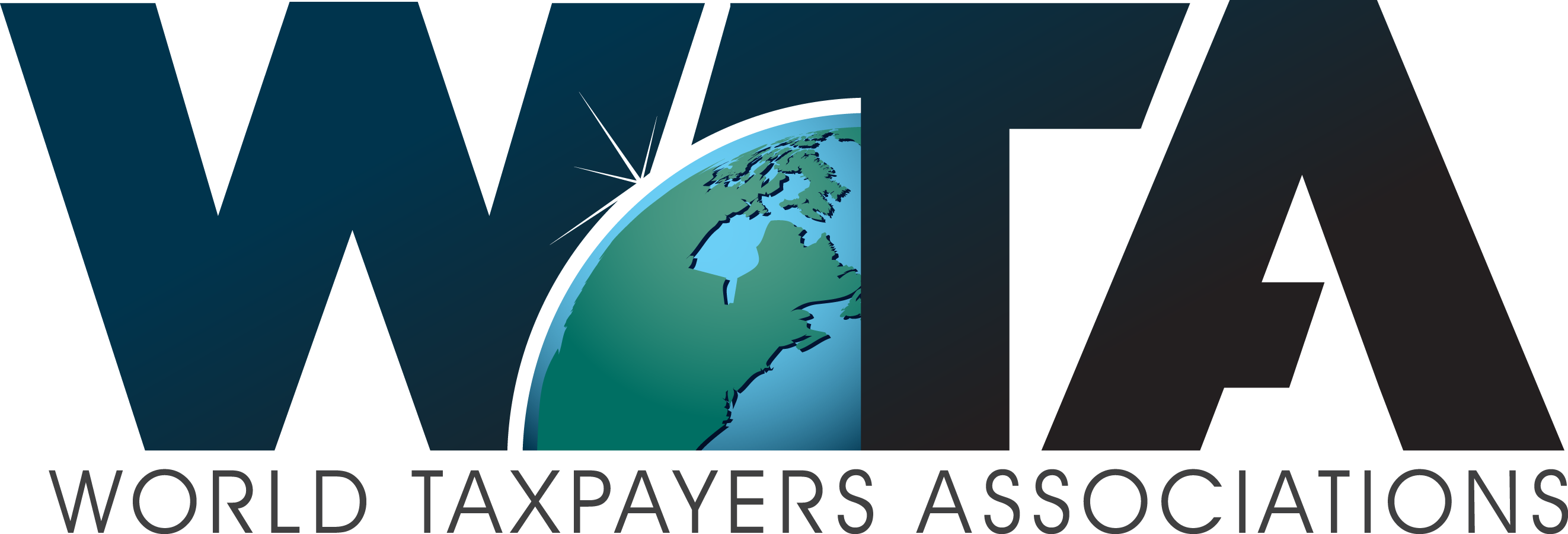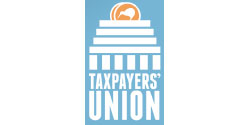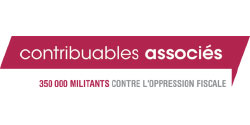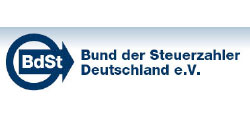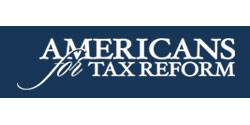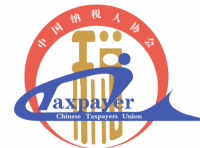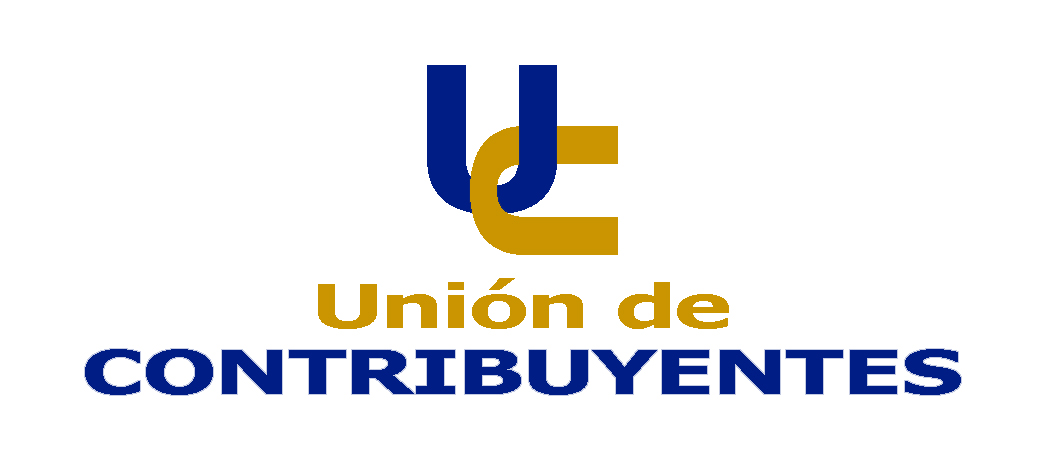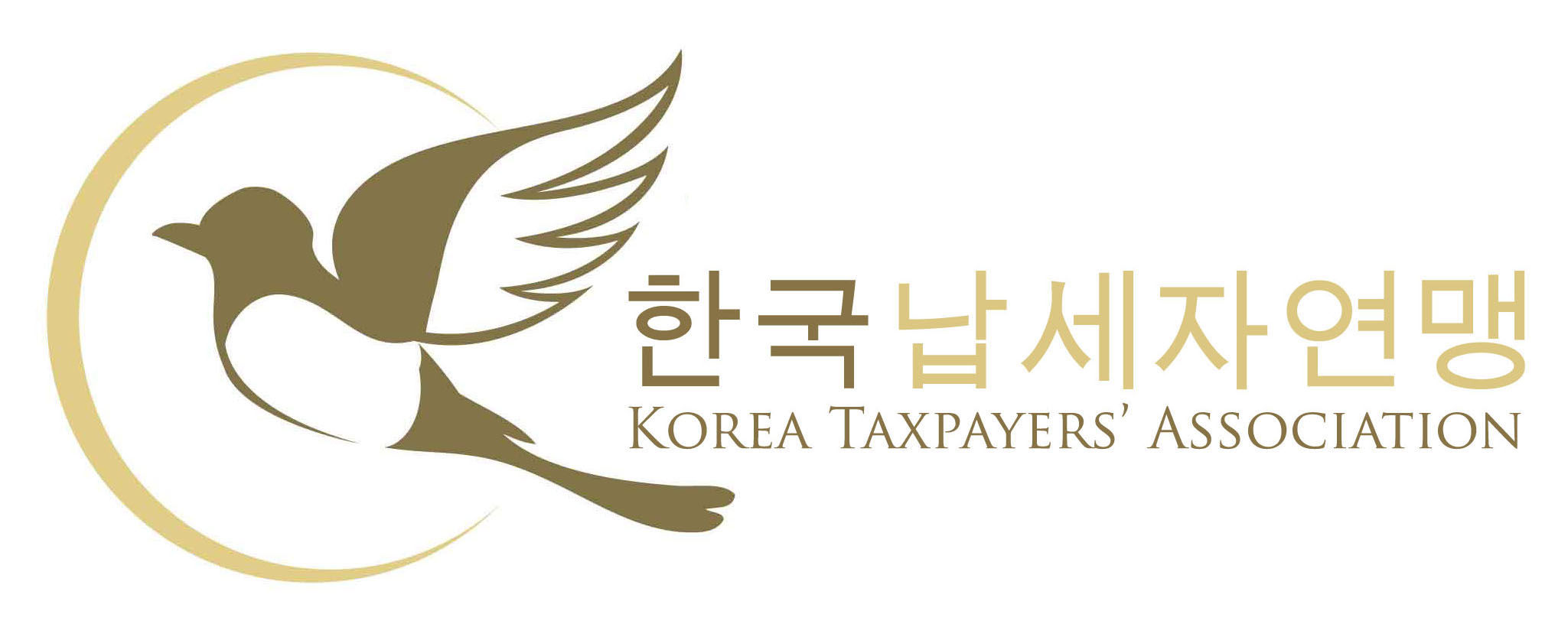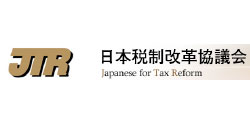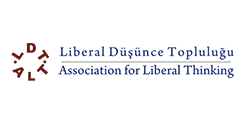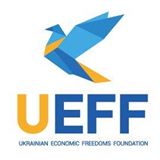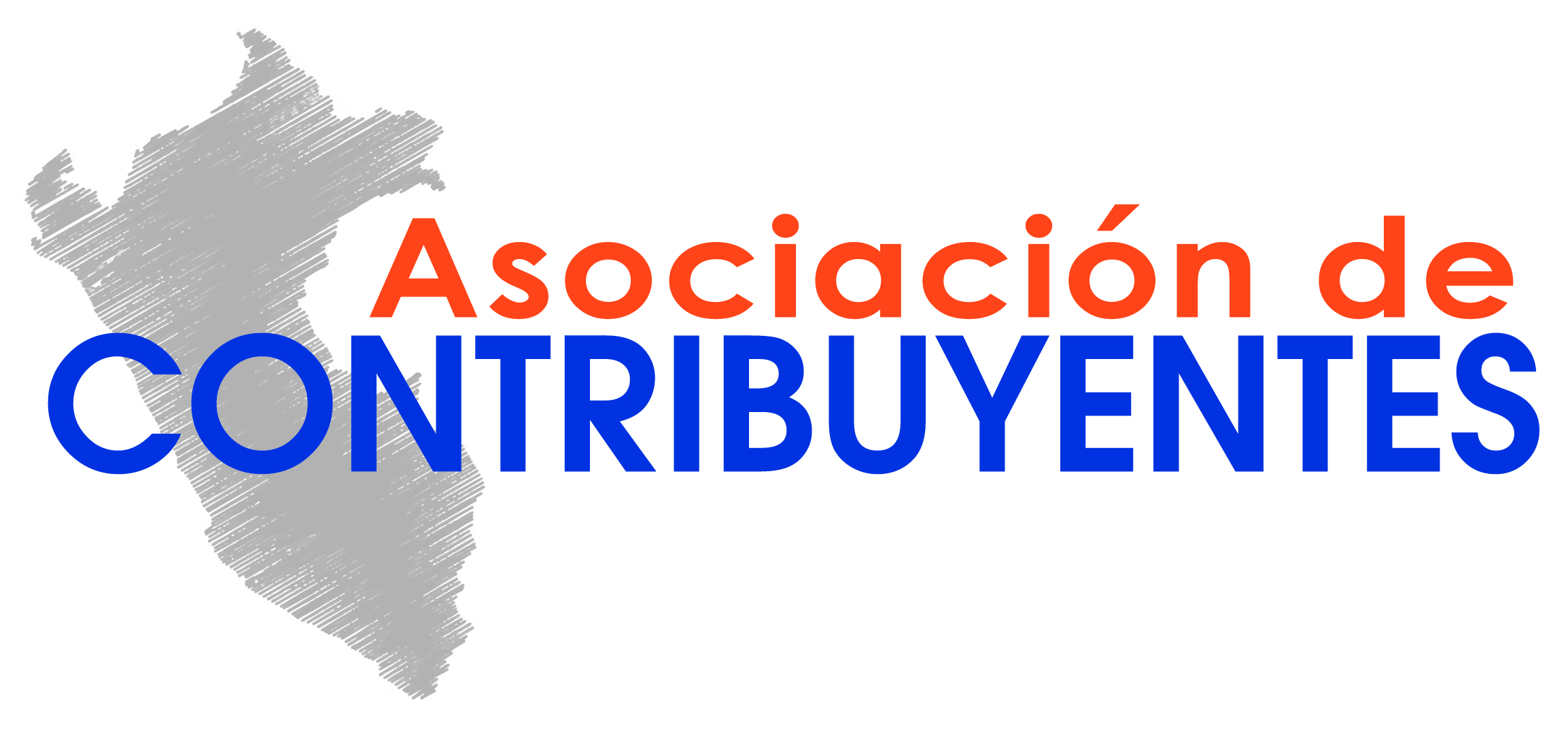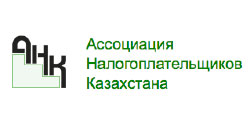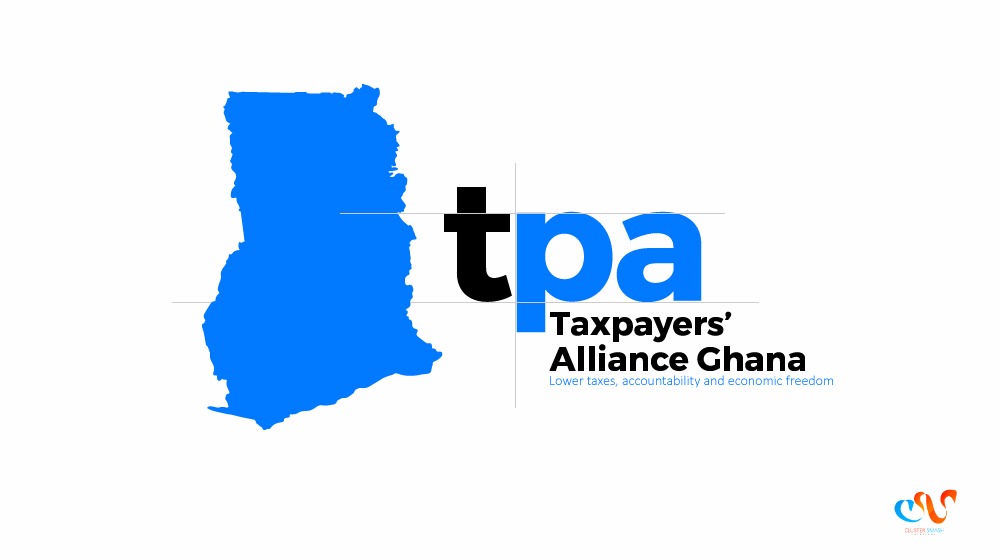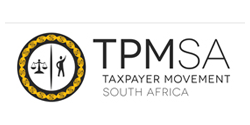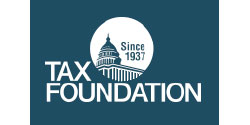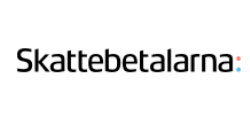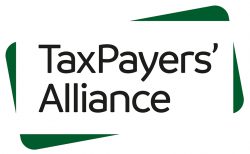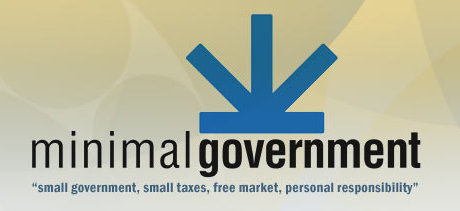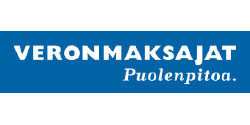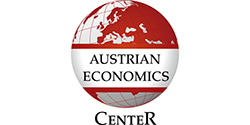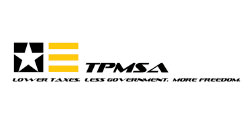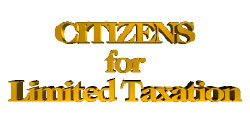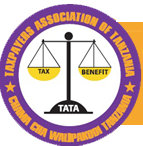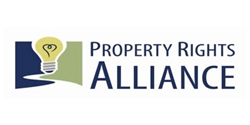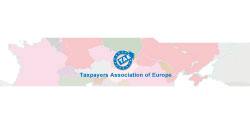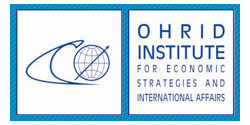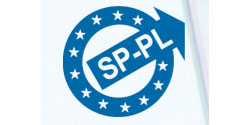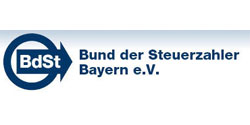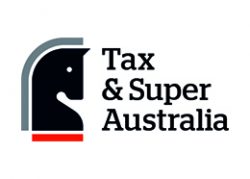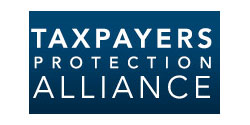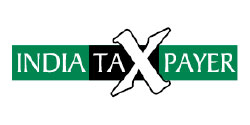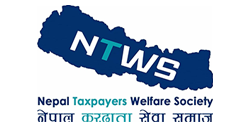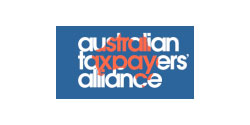WTA Chairman’s Update #11
Dear WTA members, observers and friends:
With Covid and many starts and stops behind us, we are pleased to announce the 18th World Taxpayers Conference (WTC) and World Taxpayers Associations General Meeting will take place May 23-24, 2023, in Prague, Czech Republic.
Upcoming WTA Events:
18th World Taxpayers Conference in Prague, Czech Republic May 23-24, 2023
REGISTER NOW for the 18th World Taxpayers Conference in Prague!
The World Taxpayers Associations is pleased to welcome international delegates to join in an exchange of ideas and best practices to advance the cause of limited and accountable government.
The 18th World Taxpayers Conference (WTC) and World Taxpayers Associations General Meeting will take place on May 23-24, 2023, in Prague, Czech Republic and include a Coalition Leaders Forum (May 24th) sponsored by Americans for Tax Reform.
Following the event, European Liberty Forum will take place (May 25th and 26th) sponsored by the Atlas Network.
On Tuesday, May 23rd an evening welcome reception will kick things off. The next day, Wednesday May 24th will be the WTA general meeting, election of officers, member reports, two guest speakers and a closing dinner. All sessions will take place at the Grandium Hotel Prague where we have also arranged for discounted rooms for your stay. Please book now as the room block is limited.
There is no registration fee for paid up members to attend and if you are not sure of your member status for 2023 please contact melanie.harvie@worldtaxpayers.org.
Registration and fees:
Conference fees include opening reception, conference materials, coffee breaks, lunch and dinner.
The conference fee is waived for delegates from WTA organizations who have paid their 2023 Member fees. only paid up members may vote at the general meeting and present. To inquire about fees and receive your code for complimentary registration access, please e-mail melanie.harvie@worldtaxpayers.org. Everyone planning to attend this event must register in advance.
Please act soon! You can register here.
Draft Agenda:
Venue: Grandium Hotel Prague
May 23, 2023
17:00 Registration Opens
18:00 Welcome Reception
May 24, 2023
8:00 Registration Opens
8:30 Breakfast
9:00 WTA General Meeting, Elections & Member Reports
11:30 Speaker
12:00 Lunch
13:00 Coalition Leaders Forum Sponsored by Americans for Tax Reform
15:00 WTA Board Meeting
16:00 Regional Taxpayers Associations Meetings (Europe & Asia)
18:00 Dinner Reception
19:00 Dinner with guest speaker
Travel arrangements:
We recommend you make your travel arrangements as soon as possible and are advised to check if you need to apply for a Schengen visa in advance of traveling to the Czech Republic. You can find more information regarding visa applications here.
Finally, with thanks to the National Taxpayers Union, a limited number of David Stanley Memorial Travel Scholarships are available for attendees. To request and apply for a travel scholarship please e-mail Cristina Enache and Pete Sepp under the subject line “WTA Travel Scholarship” and please answer the following questions: 1. Why are you interested in attending the WTA Conference? 2. What are the biggest goals for your organization in the upcoming three years? 3. How much would you be able to contribute to your attendance? As there are a limited number of travel scholarships available, we encourage interested parties to send in a request e-mail soon.
Past WTA Events
Taxpayers Regional Forum for Asia and Australasia on September 28th, 2022
The WTA-sponsored Virtual Taxpayers Regional Forum of 2022 took place via Zoom on September 28th. More than twenty delegates joined the forum and shared ideas on tax policy.

Member News:
SWEDEN: The Waste of Nations
The Swedish Taxpayers Association, Skattebetalarna, has launched an international campaign against waste.
In 1776, Scottish thinker Adam Smith wrote the book The Wealth of Nations to explain why countries grow rich. The Waste of Nations is about the opposite – how countries waste money and become poor. This waste is not accidental and it cannot all be laid at the door of individuals, political parties, or interests. There are patterns and underlying mechanisms that are well documented in economic research. The Waste of Nations describes five different categories of waste: political posturing, pork barrel politics, crony capitalism, rent seeking and bureaucracy. In practice, they are not mutually exclusive and in fact interact in different situations, together resulting in suboptimal use of taxpayers’ money
At wasteofnations.com you are encouraged to contribute examples of waste. Read the report here.

EUROPE: Michael Jaeger Interviewed on EU’s Current Tax Policy
Michael Jaeger, Taxpayers Association of Europe Secretary General, in an interview for the Sunt Förnuft, the magazine of the Swedish Taxpayers Association, discussed the current efforts of the EU to further expand its tax competence and at the same time massively increase EU spending.
Jaeger stated that not only does the EU want to levy higher and new taxes, but there are also strong efforts in the EU Parliament and the EU Commission to make the EU debt, which is actually limited in time to cope with the corona pandemic, permanent. At the same time, more and more national competences are to be transferred to Brussels. This is a development that the Taxpayers’ Association cannot endorse and which could ultimately boomerang on the people and businesses of Europe.
You can read the entire interview here.
NEW ZEALAND: Two Victories for Taxpayers: TVNZ/RadioNZ (RNZ) merger scrapped and the New Job Tax Postponed
Recently, the New Zealand’s government was forced to drop its expensive plans to merge TVNZ and RNZ on which it planned to spend $3 million on rebranding alone.
The New Zealand Taxpayers’ Union has been at the forefront of the campaign against the merger. Far from creating a more diverse media landscape, the merger would have served to concentrate power, and erode diversity and trust in media sources.
Taxpayers’ Union’ former Chairman and a former TVNZ board member, Barrie Saunders was among the first to ask the fundamental question about what problem the proposed merger intended to solve, and point out the disgraceful process in which this reform was hatched.
While one Taxpayers’ Union Board Member and former TVNZ presenter, Peter Williams, called out the merger for being a waste of money, saying: “The question I’ve had right from the time of the idea of merging TVNZ and Radio NZ was first mooted is ‘just what problem are you trying to fix?’ Is there not a better use of $370 million?”
Now TVNZ and RNZ can get back to the day job of good public service broadcasting. That means a rejection of polarization and striving to serve a wider audience rather than creating a safe space for the intellectual or metropolitan elite.
Jobs tax put on ice
Another taxpayer victory was the decision to scrap plans to introduce an unemployment insurance scheme during this parliamentary term. This proposed jobs tax would have cost the median worker more than $800 a year at a time when people are already struggling with the cost of living.
But it isn’t just the wrong time to bring in the policy. It’s the wrong policy too. Paying 80% of someone’s salary not to work for six months would have created terrible incentives for people to stay unemployed for longer, been open to abuse (by making redundancy more attractive than resigning), and would have failed to address skill shortages for sectors that are struggling to find employees. The Taxpayers’ Union pointed out that this policy shouldn’t just be delayed but it should be scraped.
While Chris Hipkins is undoubtedly getting rid of unpopular policies to boost Labour’s re-election prospects, the work of the Taxpayers’ Union – supported by hardworking Kiwis – has been vital to ensure that voters are aware of just how bad Jacinda Ardern’s policies were.

CANADA:
The Canadian Taxpayers Federation (CTF) achieved three policy victories recently in the province of Alberta, when the government announced a new balanced budget law, spending limitation law and surplus distribution plan.
In late February, the provincial government of Danielle Smith released its 2023 budget. The budget included a new balanced budget law that will require the provincial government to pass a balanced budget baring natural disasters and extreme revenue shocks. The law also mandated that 50% of budget surpluses be put towards debt repayment, with the other 50% held for one-time spending that doesn’t increase annual costs, go into a savings account or also be put towards debt repayment. Lastly, the law will limit operational spending growth to the combined inflation and population growth rate.
The CTF has campaigned for all three of these measures for more than a decade. While the budget did not include any tax cuts, these three measures should provide Alberta taxpayers with long-term economic growth and give future governments more options to reduce taxes.
KOREA: Victory for the Taxpayers!
The Korea Taxpayers Association (KTA) launched a campaign to abolish the no-receipt budget allocated to high-ranking officials such as the president and ministers which can be seen as “tax evasion and embezzlement.”
As part of the campaign, KTA requested the following information from the President’s Office:
1. Disclosing the contents of special activity expenses since the inauguration of the Moon Jae-in administration by the payment date, payment amount, payment reason, recipient, and payment method
2. Details of budget expenditure related to the expenses protocol (clothes, accessories, shoes, etc.) of First Lady Kim Jeong-sook.
When the president’s office withheld the information, KTA filed a lawsuit in court.
The Administrative Court ruled that the information should be disclosed on February 10th, 2022, one month before the presidential Election Day. Regardless of KTA’s intentions, it had a significant impact on the presidential election. In less than three months more than 761 news pieces covered the court decision, making this campaign one of the KTA’s most successful campaigns.
Click the link for details.


THE UNITED KINGDOM: TPA Receives an Endorsement from the BBC
In a Radio 4 documentary entitled The Other Black Door, the TaxPayers’ Alliance team was credited with “setting the narrative on issues such as austerity”, attempting to explain how “TPA ideas become government policy.”
TPA’s long-running campaign to crack down on taxpayer-funded trade union facility time was cited as an example of their success. The BBC seemed to think this was a big secret!

UNITED STATES: Remote Obligations and Mobility Index
The National Taxpayers Union has released the first annual Remote Obligations And Mobility (ROAM) Index, a ranking of how every state treats remote workers. The ROAM Index analyzes all states and the District of Columbia according to how their tax and regulatory rules treat remote workers. While the states that come out best in the ROAM rankings are those with no income tax, there are lots of other things that states can do to make their policy environments friendlier to remote workers.
The states don’t break down in the typical red-blue partisan manner that many policy fights do. Some of the most liberal (New York, California) and most conservative (Nebraska, Arkansas, Mississippi) states nonetheless come out toward the bottom of the remote work rankings. And on the other end, states like West Virginia, North Dakota, and Illinois have some of the policy environments most friendly to remote workers.
As index author Andrew Wilford writes:
“This inaugural edition of the Remote Obligations and Mobility (ROAM) Index ranks states on the burdens they place upon remote and mobile workers and their employers. Remote workers are defined in this analysis as employees who work either fully remote or on a hybrid schedule of commuting to work and working from home. Mobile workers are employees who travel around the country as part of their job. This report uses laws as they stood as of the end of 2022.”
The ROAM Index analyzes five factors as they apply to remote workers – filing thresholds, reciprocity agreements, “convenience of the employer” rules, individual income tax burden, and withholding thresholds – and assigns every state a grade according to those metrics. The states’ metrics are then added together to get a final ROAM index score.
While the states that come out best in the ROAM rankings are those with no income tax, there are lots of other things that states can do to make their policy environments friendlier to remote workers. For example, the New York – New Jersey – Connecticut tri-state area is seemingly engaged in a battle of one-upsmanship for which state can try to punish remote workers the most – which makes it no surprise that many remote workers have fled the area for the friendlier pastures of Vermont and New Hampshire – or further.
Read the report here.

Publications
WORLDWIDE: Property Rights Alliance Releases its 2022 International Property Rights Index
The Property Rights Alliance, in partnership with 125 think tanks, released the 2022 edition of the International Property Rights Index, the only global, comparative index that ranks the strength of property rights, both physical and intellectual, as well as the legal and political environments that contain them. Authored by 2022 Hernando de Soto Fellow Dr. Sary Levy-Carciente and edited by PRA Executive Director Lorenzo Montanari, the IPRI covers 94% of the world population and 98% of global GDP. PRA partnered with 125 think tanks in 73 countries to emphasize that property rights are the building blocks for a just, prosperous, and free society.
For more information, click here.

WORLDWIDE: Tax Foundation Releases 2022 Corporate Tax Rates around the World
The Tax Foundation release of this data-driven research and analysis has four main takeaways:
Data on the decades-long decline: Over the past four decades, corporate tax rates around the world, including in the largest economies, have declined from an average of 40 percent to 23 percent as countries have recognized the impact that high corporate rates have on business investment decisions.
A race towards the middle: In recent years, this decline in corporate tax rates around the world has leveled off. Today, most countries have corporate tax rates below 30 percent. The U.S. followed this trend with the 2017 reforms, which brought the U.S. corporate tax rate from the fourth highest in the world closer to the middle of the pack.
Reliance on corporate tax revenue: Despite a general decline in corporate tax rates around the world, OECD and non-OECD countries have also become more reliant on revenue from corporate income taxes.
Turning to more efficient tax types: Of 225 jurisdictions around the world, only six have increased their top corporate income tax rate in 2022, a trend expected to hold steady as countries have more efficient tax types to turn towards.
You can access the publication here.
EUROPE: New Report Analysing the VAT Policy Gap
The Tax Foundation recently released the VAT Expansion and Labor Tax Cuts report.
The value-added tax (VAT) is a major source of revenue for EU countries. For Member States, it represents on average 17.8 percent of their total tax revenue. For the EU, VAT revenue represented roughly 7.5 percent of its total revenue in 2021.
While the European Commission focuses on improving VAT compliance, policy is a major contributor to VAT revenue losses. The VAT Actionable Policy Gap—the additional VAT revenue that could realistically be collected by eliminating reduced rates and certain exemptions—is just above EUR 310 billion, more than triple the Compliance Gap—the additional VAT revenue that could be collected if all taxpayers, consumers, and businesses fully complied with the VAT rules.
The largest Actionable Policy Gaps in the EU are in France (EUR 72 billion), Germany (EUR 68 billion), Italy (EUR 66 billion), and Spain (EUR 49 billion).
Closing the Actionable Policy Gap would increase Spain’s and Greece’s VAT revenues by 70.5 percent and Italy’s by 66.6 percent. It would also provide enough revenue for Cyprus, Croatia, France, Greece, and Ireland to eliminate their income taxes altogether or reduce the EU’s VAT average standard rate from 22 percent to 15 percent.
Closing the VAT Policy Gap would give governments the opportunity to simplify consumption and income taxes while supporting long-term growth.
To read the full report click here.

SPAIN: Regional Tax Competitiveness Index
The Tax Foundation and the Foundation for the Advancement of Liberty launched the sixth edition of its Regional Tax Competitiveness Index. This report, inspired by the Tax Foundation’s State Business Tax Climate Index, measures and ranks all 19 tax authorities on their performance to reduce and simplify taxes in order to attract companies, residents, and employees.
The executive summary can be downloaded here.

Upcoming Events:
The European Resource Bank Meeting 2023
April 14th-16th, 2023
Porto, Portugal
Latin America Liberty Forum 2023
March 23rd-24th, 2023
Punta del Este, Uruguay
Africa Liberty Forum 2023
July 20th– 21st, 2023
Cape Town, South Africa
Asia Liberty Forum 2023
September 7th– 8th, 2023
Kuala Lumpur, Malaysia
Liberty Forum & Freedom Dinner 2023
November 15th-17th, 2023
New York, United States
Best wishes,
John O’Connell
Chairman and President, World Taxpayers Associations
Chief Executive, TaxPayers’ Alliance
E-mail | john.oconnell@worldtaxpayers.org
